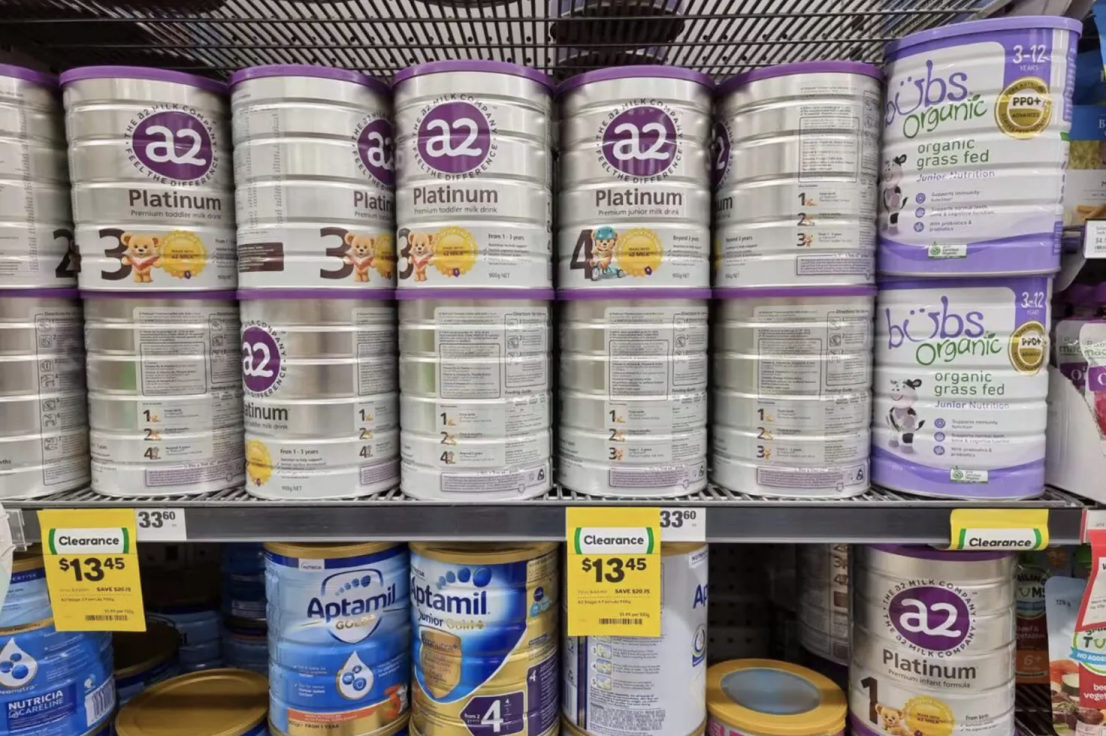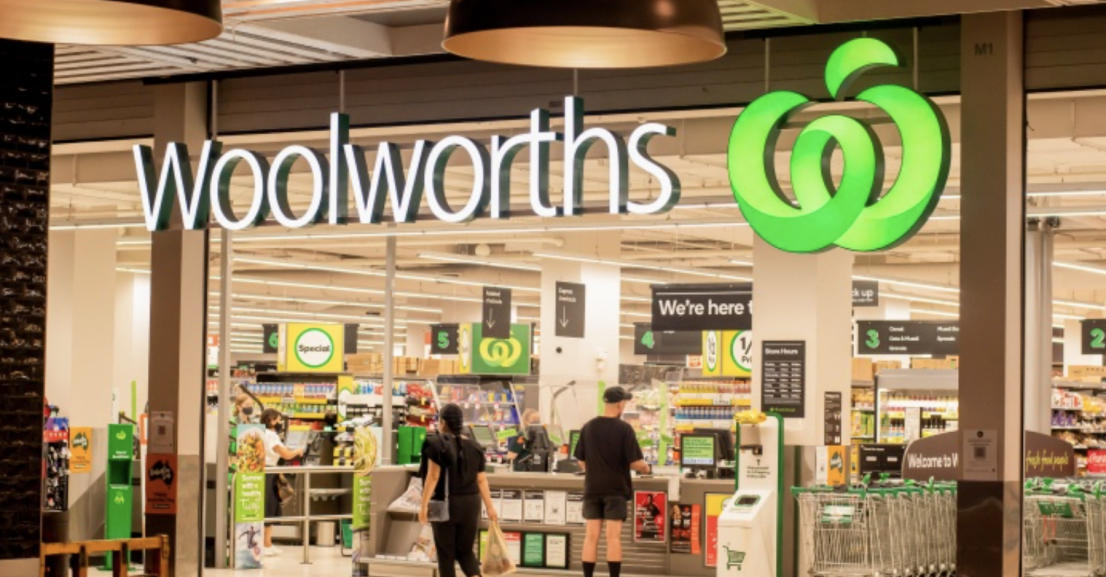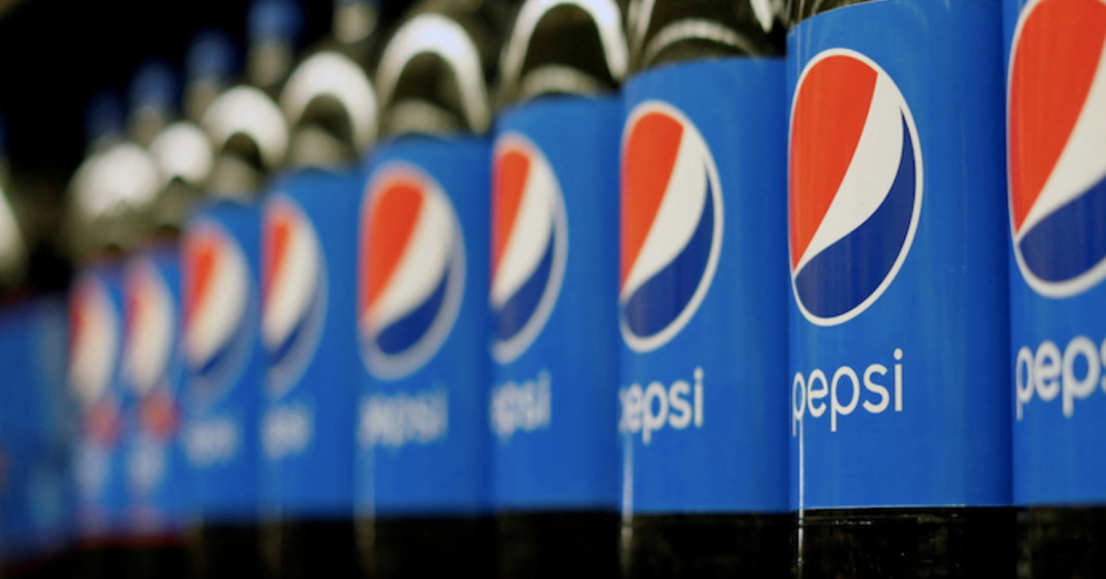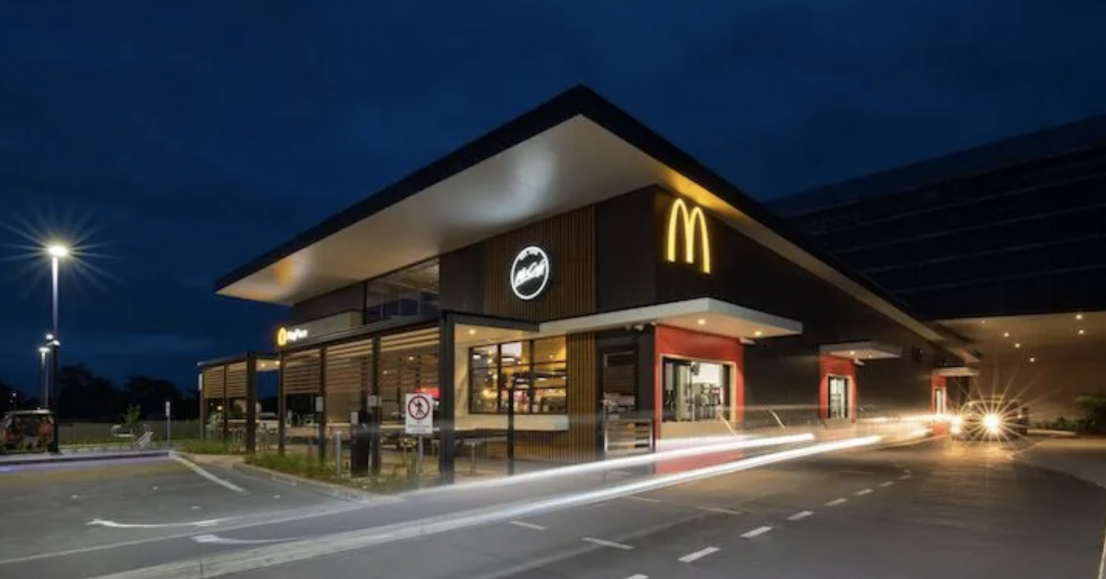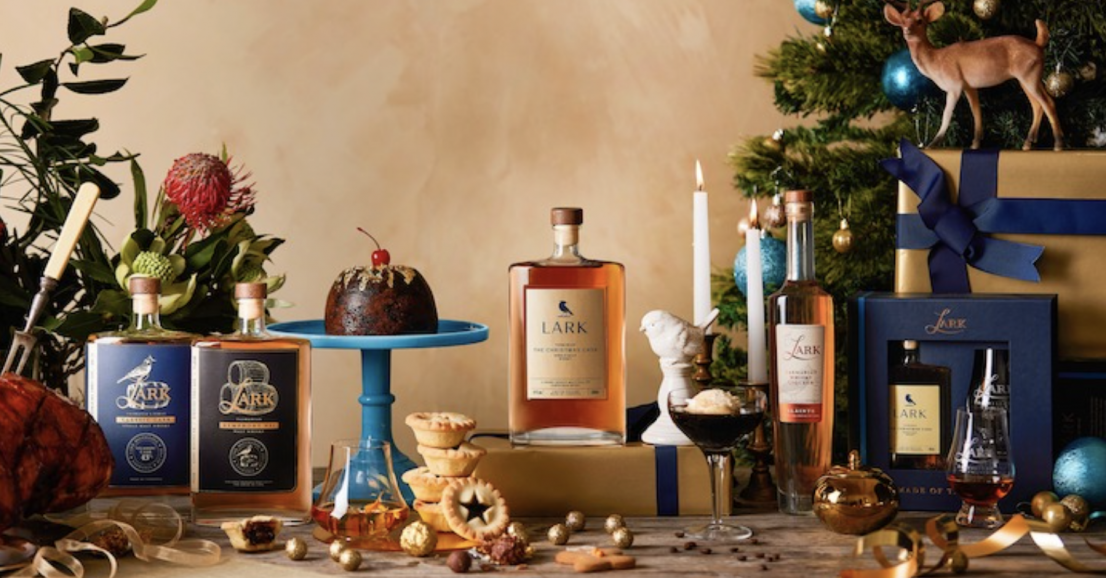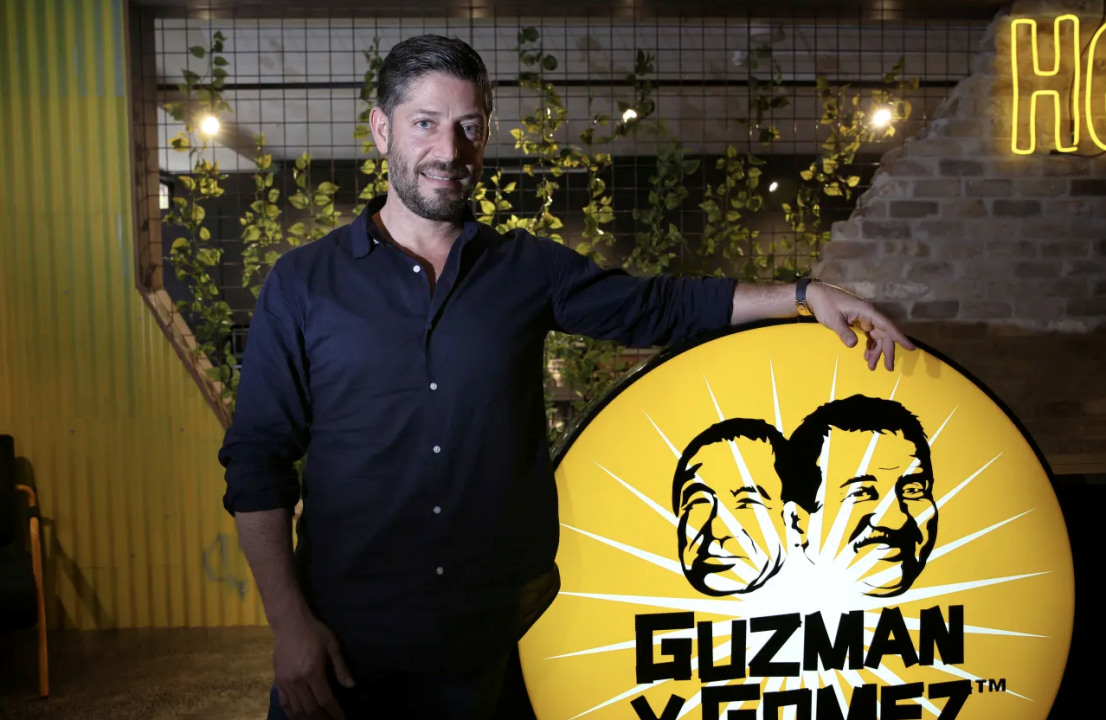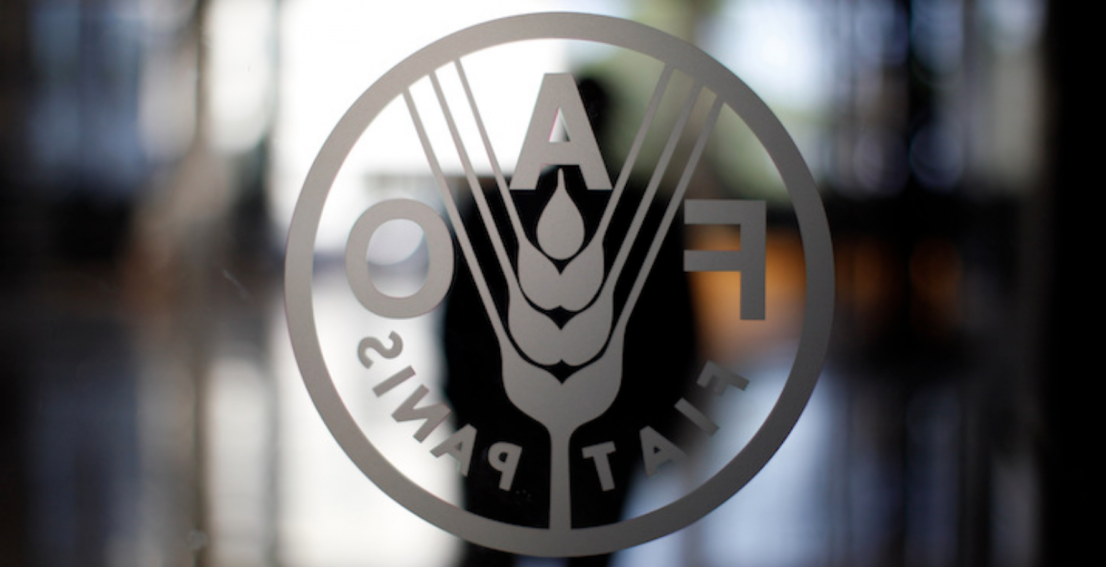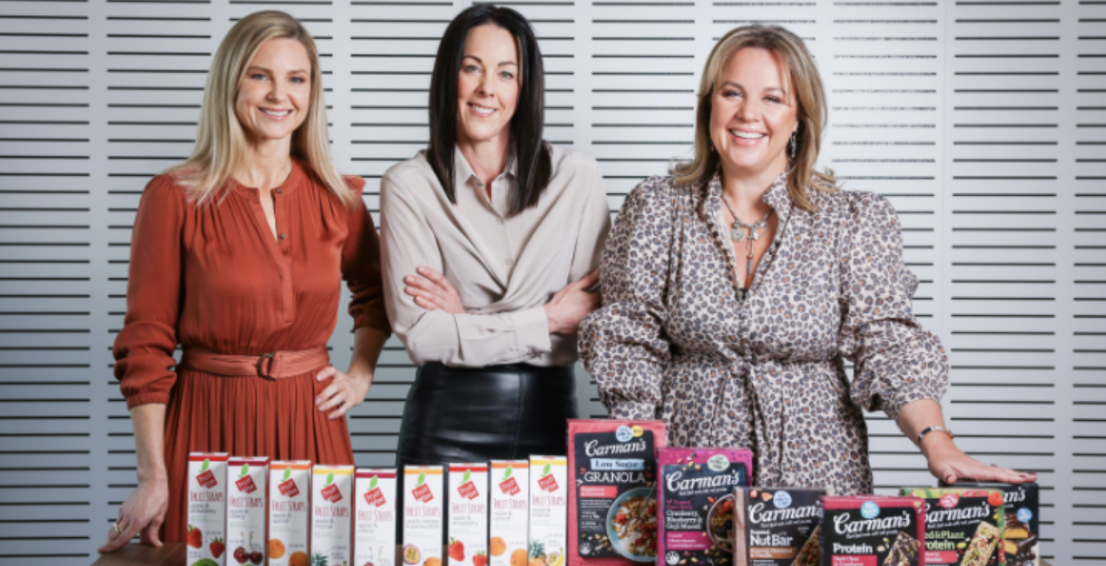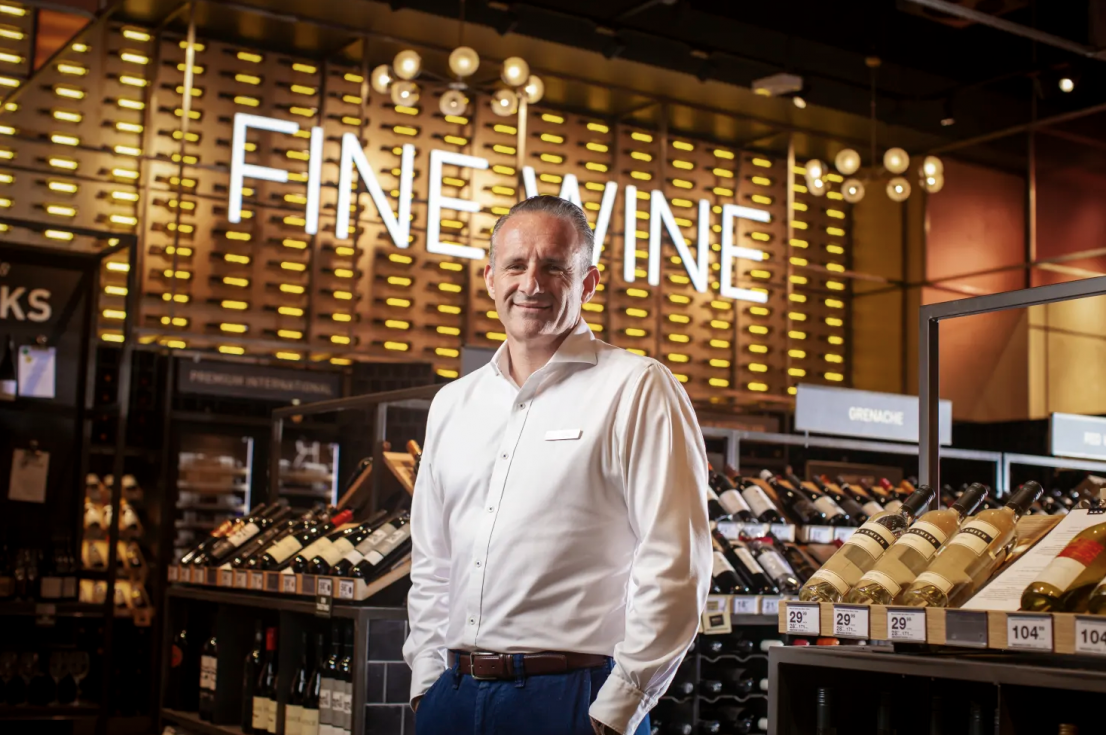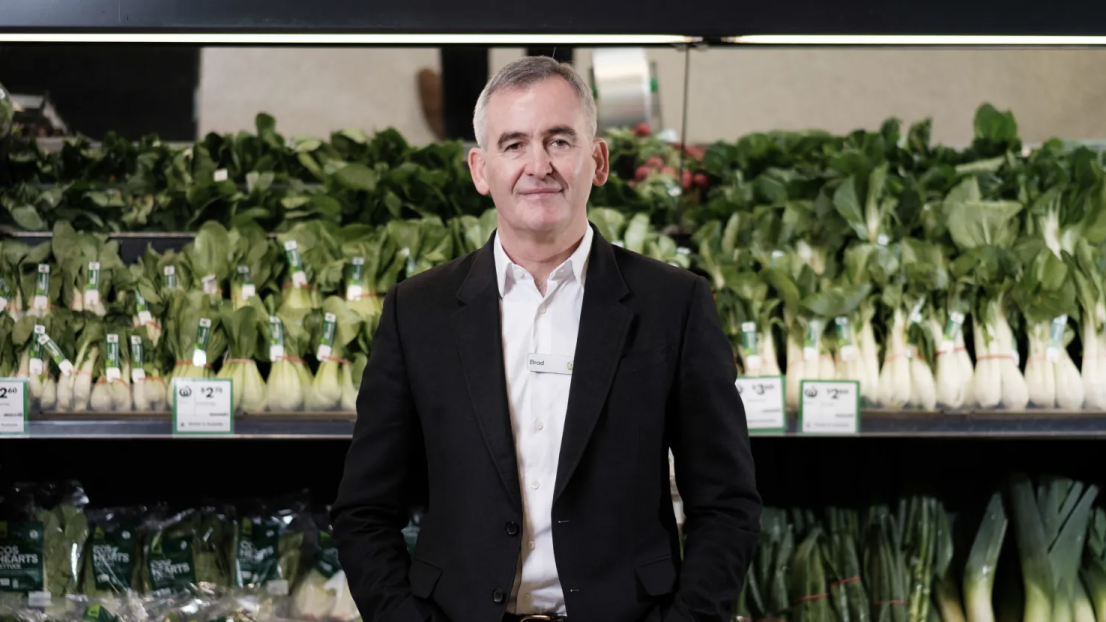
Woolworths boss Brad Banducci says shoppers have returned to doing their weekly grocery shop on weekends, but must now face up to paying more as inflation makes itself felt in every aisle.
The supermarket giant revealed on Thursday that food prices across its Australian supermarkets rose 7.3 per cent in the September quarter, with fresh produce spiking even more as inclement weather and supply chain pressures hit fruit and vegetable producers.
“In the last month or so we’ve started to see Sundays become our major shopping day - which means customers have got far more routine and habit [than during COVID],” Banducci said.
But some of these shoppers have started to make tough choices about what goes in their trolleys, with signs people are trading fresh produce for frozen food, or moving to canned goods and cheaper home brand items.
The days of the $6 iceberg lettuce might be over, but the supermarket chain is still seeing price rises from producers and supply challenges across its fresh food range, Banducci added.
Challenges with corn and potato crops were also leading to issues with the supply of frozen products, and there have been delays to in-season fruits coming into stores at good prices, meaning consumers have to wait longer than usual for mangoes and cherries.
Banducci made his comments after Woolworths reported a 1.8 per cent rise in group sales to $16.3 billion for the 14 weeks to October 2 - the first quarter of its financial year. But Australian food sales weakened by 0.5 per cent compared with this period last year, when more shoppers were stuck at home due to the pandemic lockdowns.
Inflation continued to accelerate across the quarter, with the average price of food up 7.3 per cent in Australia, and 5.3 per cent higher in New Zealand.
The company did not specify the exact jump in fruit and vegetable prices during the quarter, but said there had been “double-digit” increases in this category.
Last week, Woolworths’s rival Coles confirmed it had seen inflation of 7.1 per cent across its supermarkets, with prices for fresh food up 8.8 per cent.
Woolworths’-owned discount department store Big W continued to benefit from the end of retail lockdowns, with total sales hitting $1.2 billion for the quarter, up 30.1 per cent on the same period last year. Online sales at Big W more than halved though in a sign that people have gone back to the shops rather than shopping on the internet.
UBS analysts said Woolworths’ numbers had come in below estimates, noting that Australian food sales had dropped 0.5 per cent despite inflation jumping during the quarter.
Despite the inflationary challenges, Banducci said that with 51 days to Christmas the company was focused on delivering customers an affordable festive offer.
“We are seeing strong early sell-through of seasonal lines, and we remain cautiously optimistic for the period ahead,” he said.
Woolworths shares opened lower amid a broader sell-off on the Australian sharemarket, and closed 3.5 per cent weaker at $32.05.


